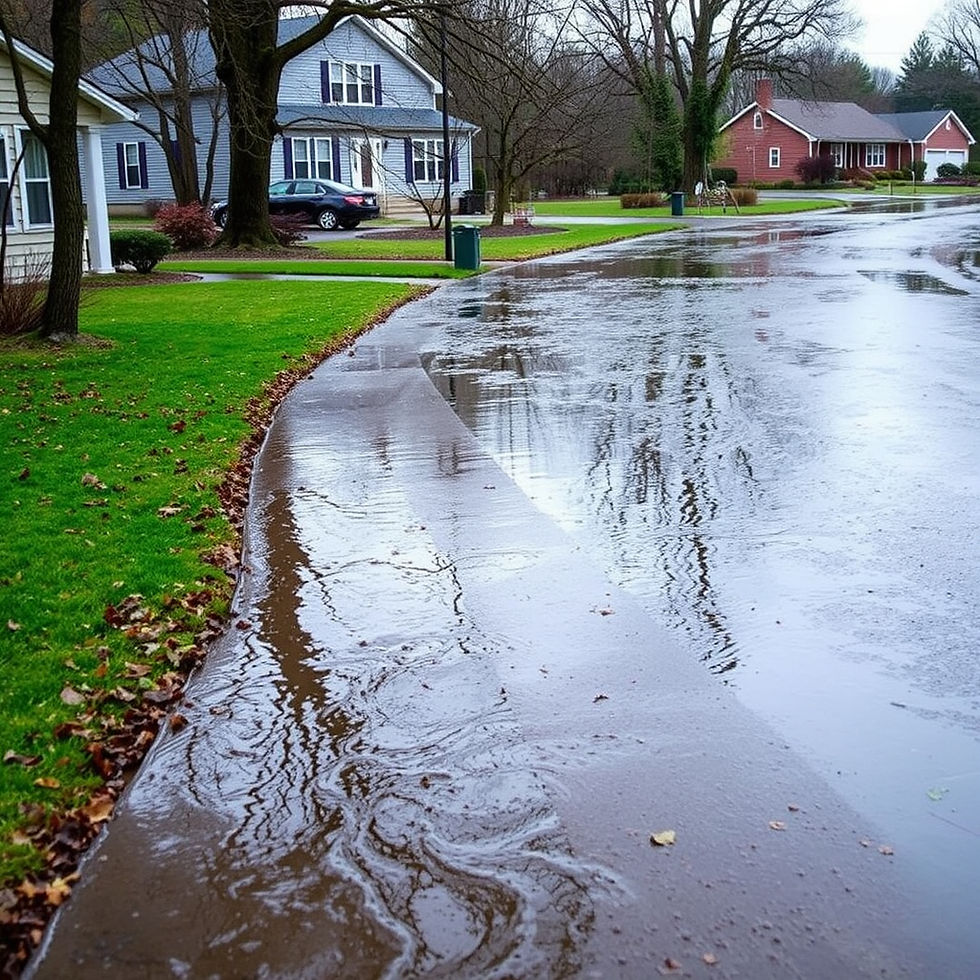Labor Cost to Install a Water Heater: Everything You Need to Know
- Jayant Upadhyay
- Jul 22
- 3 min read

Table of Contents
Introduction
Factors Affecting Labor Costs
National Average Labor Cost Breakdown
Gas vs. Electric Water Heater Installation
Tank vs. Tankless Installation Labor
Additional Work That Affects Labor Charges
DIY vs. Hiring a Professional
How to Choose the Right Installer
Tips to Save on Labor Costs
Final Thoughts
1. Introduction
Installing a water heater involves more than just plugging in a new unit—it requires technical expertise, plumbing knowledge, and adherence to local building codes. One of the most important cost considerations is labor. Whether you're installing a tank or tankless water heater, labor charges can vary drastically depending on the complexity of the job and your location.
2. Factors Affecting Labor Costs
Several variables influence how much you’ll pay for labor when installing a water heater:
Type of water heater (tank vs. tankless)
Fuel source (electric, gas, or hybrid)
Installation location (attic, basement, or closet)
Geographic location
Permit requirements
Plumbing upgrades
Disposal of the old unit
Understanding these factors will help you better estimate the total labor cost before scheduling an installation.
3. National Average Labor Cost Breakdown
According to various contractor platforms and home improvement websites:
Standard tank heater labor: $300–$800
Tankless water heater labor: $800–$1,500
Permit fees: $50–$200
Plumbing/electrical modifications: $100–$1,000+
Example:In a city like Los Angeles, labor could cost upwards of $1,200, especially for tankless installations. In rural areas, that might be closer to $400–$600.
4. Gas vs. Electric Water Heater Installation
Gas Heater Labor:
Typically more expensive due to gas line hookups and venting.
Labor: $500–$1,200+
Electric Heater Labor:
Simpler install if wiring is already in place.
Labor: $300–$800
Note: If your home is converting from electric to gas, you could pay $500–$2,000 extra in labor for the upgrade.
5. Tank vs. Tankless Installation Labor
Tank Water Heaters:
Easier to install.
Takes 2–4 hours.
Minimal retrofitting.
Tankless Water Heaters:
Requires more labor due to:
Wall mounting
Gas line upgrades
Water line rerouting
Venting
Labor may take 6–10 hours.
Labor cost difference:
Tank: $400–$700
Tankless: $800–$1,500+
6. Additional Work That Affects Labor Charges
Many homeowners forget the extras that may be needed:
Disposal of old unit: $50–$200
Water line replacement: $150–$500
Drywall cutting & patching: $100–$300
Permit pulling and inspection time: $100–$300
Drain pan or expansion tank: $50–$200 labor charge
7. DIY vs. Hiring a Professional
You might think about installing a water heater yourself to save on labor. While DIY can cut the cost in half, here’s why hiring a pro is worth it:
Pros of DIY:
Save $300–$800
Full control over timeline
Cons of DIY:
Voids warranty in many cases
Improper installation may violate codes
No liability coverage
Risk of flooding or carbon monoxide leaks
Tip: Always use a licensed plumber or contractor, especially for gas or tankless systems.
8. How to Choose the Right Installer
Labor costs are not just about the price—they're about value. Look for:
Licensed and insured professionals
Good reviews on Google or Yelp
Free written estimates
Warranty on labor (1–5 years)
Upfront explanation of labor charges
Ask if the quote includes:
Permits
Hauling away old units
Inspection scheduling
9. Tips to Save on Labor Costs
Want to reduce your total spend? Try the following:
Get at least 3 quotes.
Schedule offseason (fall or spring) for lower rates.
Use local independent contractors rather than big chains.
Provide easy access to install area.
Buy the unit separately if you get a better deal.
Bundle with other plumbing work.
10. Final Thoughts
Labor is a major component of your total water heater installation cost. Depending on the type of heater, location, and added complexities, expect to spend $300 to $1,500 in labor alone. Knowing what affects that cost and how to manage it will empower you to make smart, cost-effective decisions.
If you're considering a new water heater, invest in a professional who ensures safety, code compliance, and long-term reliability—it’s worth every penny.



Comments